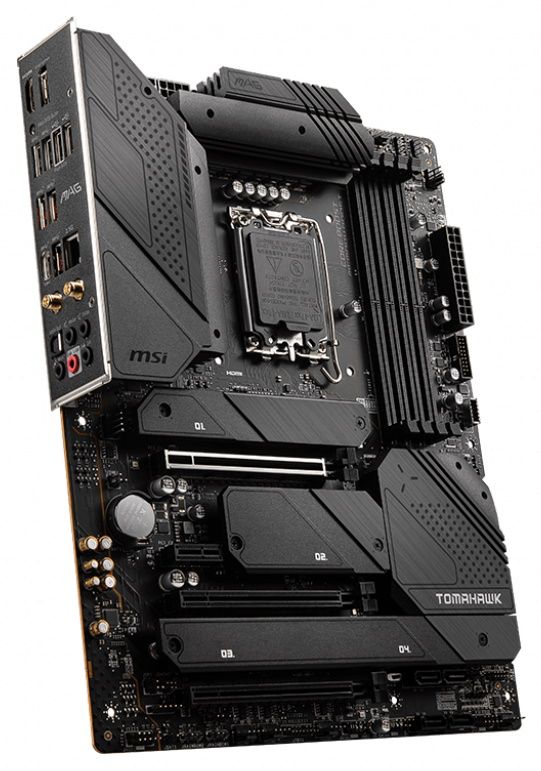From Wikipedia, the free encyclopedia
Linux is a family of open source Unix-like operating systems based on the Linux kernel, an operating system kernel first released on September 17, 1991 by Linus Torvalds. Linux is typically packaged in a Linux distribution (or distro for short).
Distributions include the Linux kernel and supporting system software and libraries, many of which are provided by the GNU Project. Many Linux distributions use the word “Linux” in their name, but the Free Software Foundation uses the name GNU/Linux to emphasize the importance of GNU software, causing some controversy.
Rules
- Posts must be relevant to operating systems running the Linux kernel. GNU/Linux or otherwise.
- No misinformation
- No NSFW content
- No hate speech, bigotry, etc
Related Communities
Community icon by Alpár-Etele Méder, licensed under CC BY 3.0
- 0 users online
- 5 users / day
- 20 users / week
- 27 users / month
- 16 users / 6 months
- 20 subscribers
- 684 Posts
- 1.7K Comments
- Modlog




cool, next step: Coreboot for the most AMD motherboard :)
It’s a neat idea, but I see a new simple vector for viruses you can’t get rid of by swapping out a hard disk.
I think you get down-voted because malware is always a factor the user need to take care of. You also can install an inflected, manipulated or somewhere else compromised BIOS at any time, with or without reboot. There was a story with Dell that automatically updated your IMEI, ME and or BIOS without user consent in the name of security which directly installed malware because the server was compromised. This was some years ago in the news, so you see there are multiple ways anyway and at the end the user need to take care.
Before you install and manually approve someone, you should check the checksums, review the changelog and verify that the update is legit. Nothing changes here, you still need to approve the update procedure via admin rights before something is going to happen.
Holy hell that’s simultaneously hilarious and sad. I hadn’t heard this, but I am not surprised.